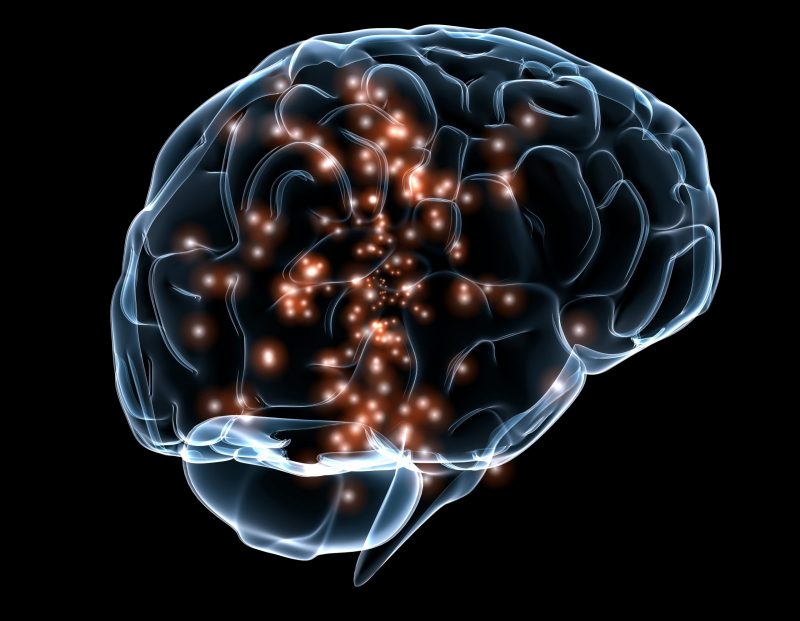
Andrea Luppi is second author on a study of the links between neurochemical influences from the brainstem and consciousness
Studying perturbations of consciousness due to anaesthesia or severe brain injury, we show that the key molecule dopamine may play a central role for the maintenance of consciousness in the human brain.
Andrea Luppi
New insights into how neurochemical influences from the brainstem affect the rest of the brain to bring about consciousness could help brain-damaged patients and further our understanding of how consciousness works.
A new study in Proceedings of the National Academy of Sciences [PNAS] by researchers at the Division of Anaesthesia, University of Cambridge investigates the neural bases of consciousness, a subject which is of crucial scientific and clinical importance.
As a result of neuroimaging of the human brain scientists have established that a network of interconnected brain regions known as the default mode network disintegrates in anaesthesia and after brain damage, causing disorders of consciousness.
However, the neurochemical underpinnings of this network change have remained largely unknown until now.
The researchers include first author Lennart Spindler and second author Gates Cambridge Scholar Andrea Luppi, both PhD students in the Cognition and Consciousness Imaging Group led by Dr Emmanuel Stamatakis. They found that across pharmacological (sedation) and pathological (disorders of consciousness) consciousness changes, the source of dopamine in the brain, called “ventral tegmental area”, disconnects from the main hubs of the default mode network.
They also found that the severity of this disconnection was associated with default mode network disintegration, highlighting the relevance of dopamine for consciousness. They therefore propose that dopaminergic modulation may be a central mechanism for consciousness maintenance.
Andrea, [2019] who is doing a PhD in Clinical Neurosciences, says: “Studying perturbations of consciousness due to anaesthesia or severe brain injury, we show that the key molecule dopamine may play a central role for the maintenance of consciousness in the human brain.”
Andrea, who has done both his MPhil and PhD at the Cognition and Consciousness Imaging Group at the University of Cambridge, has published several papers on his work. After publishing a paper on his MPhil thesis, he stated: “To understand consciousness in the brain, we need to understand what different ways of losing consciousness have in common.”
*Picture credit: Neuronal activity c/o Wikimedia Commons.












